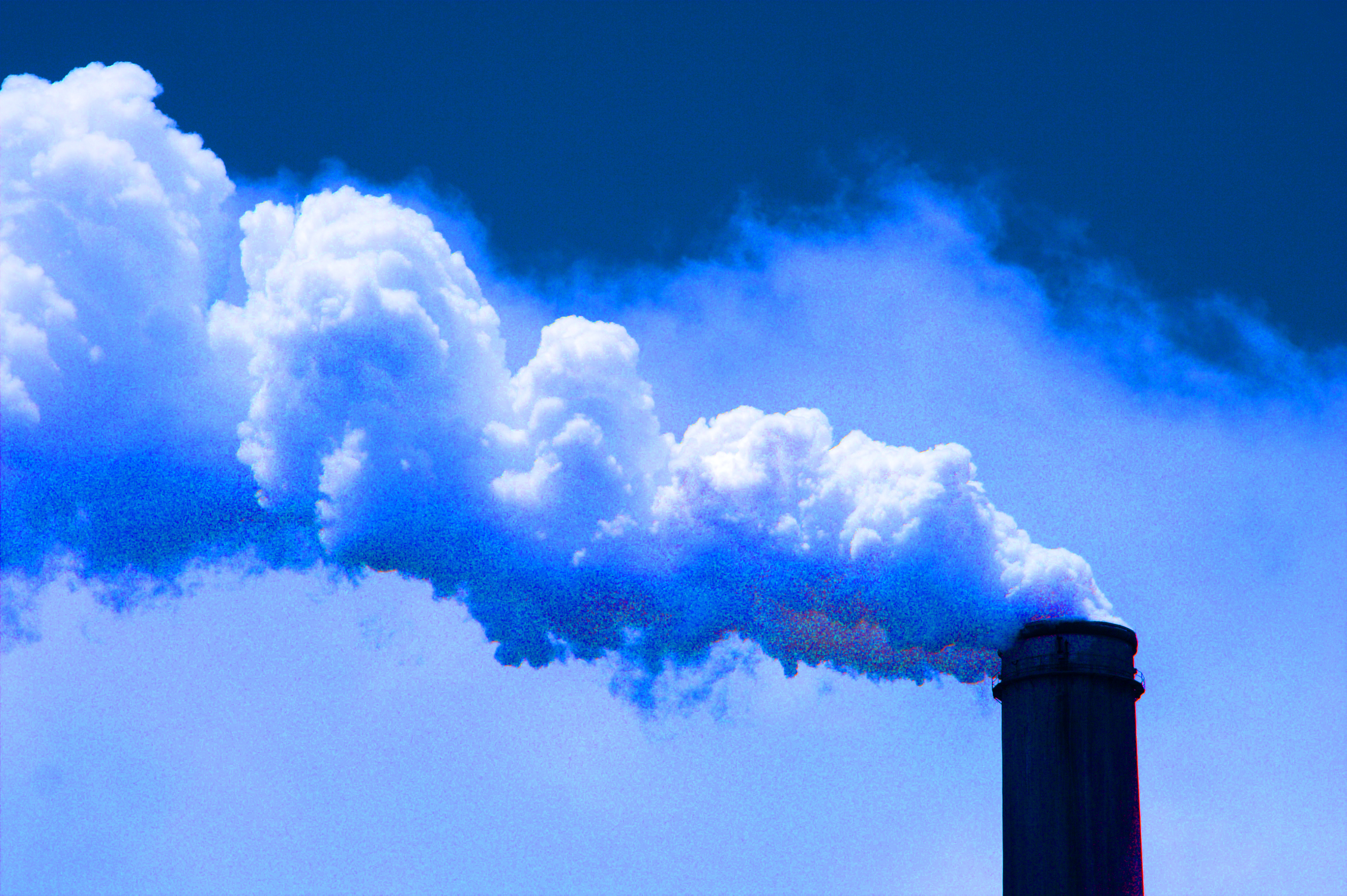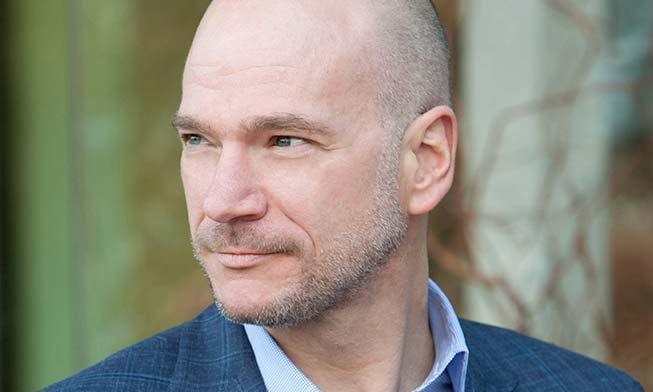The planet has a fever, and the cure is more capitalism, a prominent researcher argues


The US is cutting greenhouse-gas emissions, energy use, air pollution, and its use of major resources, even as its economy and population expand.
This “decoupling” of growth from environmental degradation is showing up in other major economies as well, and even in some developing ones, MIT scientist Andrew McAfee argues in what’s bound to be a controversial new book. He asserts that the phenomenon represents a critical turning point in economic history—and an essential one if we hope to sustain a growing global population without decimating the planet.
Accelerating the shift globally will require us not to overhaul the capitalist system—but rather to double down on it, he contends.
McAfee, who is co-director of the MIT Initiative on the Digital Economy, laid out his argument during a presentation on Thursday morning at Breakthrough Dialogue 2019, a conference organized in Sausalito, California, by the Breakthrough Institute. His book, More from Less, is set to be published in October.
It certainly seems like a counterintuitive argument to make at a point when much of the world is busy filling the oceans with plastic, whiffing on the targets of the Paris climate accords, and driving an ever growing number of animals toward extinction. McAfee is quick to stress that he’s not suggesting everything’s hunky-dory, though. He noted that climate change, pollution, poverty, and malnutrition are daunting challenges in need of urgent action.
His point, rather, is that the decoupling under way shows we have the tools to address these sorts of problems.
The book, which MIT Technology Review obtained an early draft of, says there are four main forces—which McAfee calls the “four horsemen of the optimist”—that enable decoupling in mature economies:
- the efficiencies driven by capitalism
- technological progress that has allowed us to “dematerialize” our consumption (by, for instance, cramming atlases, compasses, calculators, recorders, cameras, stereos, and other gadgets into a single device in our pocket)
- public awareness of environmental damage
- governments that respond to those concerns by putting regulations in place to reduce those harms
So, McAfee argues, what we need to address climate change and prevent other environmental catastrophes, while maintaining modern living standards for billions of people, is … even more of each of these horsemen, working in concert.
At the Breakthrough conference, McAfee highlighted a series of charts that showed US GDP continuing to rise, even as the use of metals, stone, cement, sand, timber, and paper have all fallen in recent years.
“We plateaued and started decreasing our aggregate consumption of these … literal building blocks for an economy,” he said.
Another chart showed that US use of fertilizer, cropland, and water are all declining, even as crop tonnage continues to climb.
The book adds that among the more than 70 minerals, metals, and other resources long tracked by the US Geological Survey, only six haven’t yet begun to decline in use. Consumption of steel, aluminum, and copper is down around 15%, 32%, and 40%, respectively, from peak levels.
Other panelists on Thursday questioned some of McAfee’s conclusions.
Ariane de Bremond, executive officer of the Global Land Programme, stressed that in a tightly linked global economy it can be very difficult to untangle whether resource use is truly decreasing. For example, she noted that while the expansion of agricultural land around the world is slowing, overall acreage is still increasing.
“Is it really all decoupling, or is some of it displacement into other parts of the word?” she said.
Similarly, Victor Galaz, deputy director at the Stockholm Resilience Centre, said it won’t matter much if we slow down our race toward critical environmental tipping points, if we still end up crossing them.
He noted that Greenland’s ice sheets are melting, bleaching events have devastated coral reefs, and deforestation of the Amazon continues.
“When you’re dealing with systems that have thresholds … actually these systems don’t care about trends; they care about aggregate impacts,” he says.
There are other good reasons to be cautious about drawing overly firm or broad conclusions—some of which McAfee notes himself.
For one thing, some of the declining trends in resource usage could still be a hangover from the Great Recession. Much of America’s progress on greenhouse-gas pollution is due to the shift from coal to cleaner natural gas, which is still associated with quite a lot of carbon dioxide and comes with its own set of environmental challenges. And whatever small gains are being made in a few nations could be more than offset by the growing appetites of emerging economies.
But McAfee makes a strong case that some long-held assumptions about the inevitable costs of growth are simplistic and frequently wrong. Technological progress and economic growth have certainly inflicted very real environmental and social costs. But they’ve also inarguably delivered massive gains in health, wealth, and standards of living.
And while it may clash with some of our deeply ingrained intuitions, it’s clear that technology can play, and perhaps must play, a role in solving some of the same problems it creates.
Deep Dive
Climate change and energy
The problem with plug-in hybrids? Their drivers.
Plug-in hybrids are often sold as a transition to EVs, but new data from Europe shows we’re still underestimating the emissions they produce.
Harvard has halted its long-planned atmospheric geoengineering experiment
The decision follows years of controversy and the departure of one of the program’s key researchers.
Why hydrogen is losing the race to power cleaner cars
Batteries are dominating zero-emissions vehicles, and the fuel has better uses elsewhere.
Decarbonizing production of energy is a quick win
Clean technologies, including carbon management platforms, enable the global energy industry to play a crucial role in the transition to net zero.
Stay connected
Get the latest updates from
MIT Technology Review
Discover special offers, top stories, upcoming events, and more.